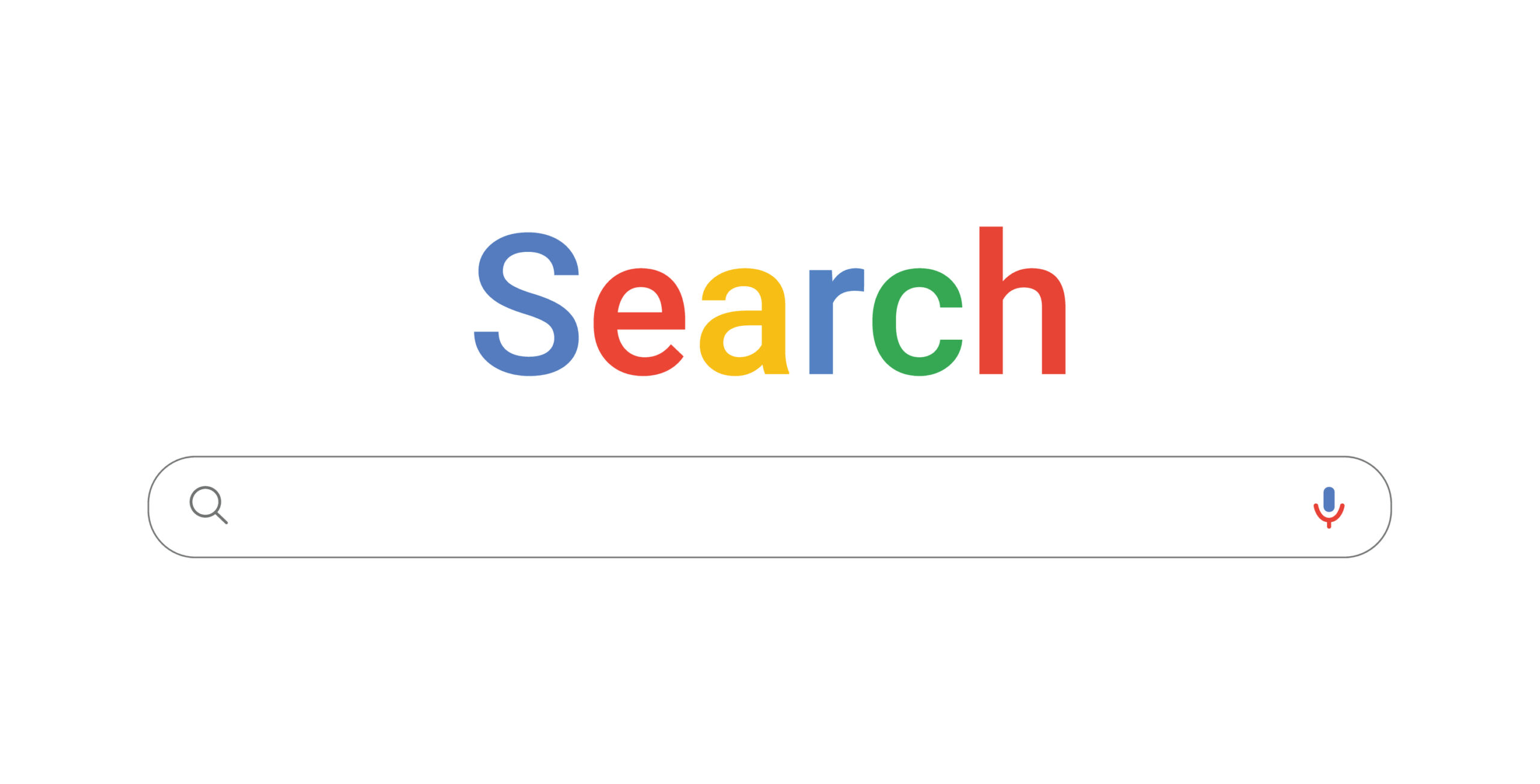Trade Implications of Google News Exiting Spain Over Ancillary Right
As Jakob explained yesterday, the recently enacted “ancillary right” law in Spain is prompting Google News to fold up shop there; it will cease displaying Spanish publications and Google News Spain will exit the market on December 16.
(For background on the ancillary right, see our “explainer” post here.)
The ancillary right fad is but one of several protectionist measures recently launched in European states that extract rents from or restrict market access to technology companies — companies which are often U.S.-based. (Another example is the misguided “right to be forgotten.”) This particular Spanish law, set to go into effect in 2015, has been criticized as “ill-conceived” and even “mercantilist.”
While any protectionism should be a cause for concern, this particular instance of heavy-handed regulation merits attention because it so conspicuously violates existing international trade law. By adopting the ancillary right levy, Spain has broken with clearly established law and the international community.
As I previously explained when Germany unwisely went down this same road, international copyright law prohibits extending exclusive rights to quotations, such as an article’s headline. Specifically, the Berne Convention, to which Spain belongs, states that
It shall be permissible to make quotations from a work which has already been lawfully made available to the public, provided that their making is compatible with fair practice, and their extent does not exceed that justified by the purpose, including quotations from newspaper articles and periodicals in the form of press summaries.
Berne Convention, Article 10(1) (emphasis mine)
In Article 9 of the TRIPS Agreement, which is part of the WTO Agreement, countries agree to comply with most articles of the Berne Convention, including Article 10(1) above. The United States was itself hit with penalties for violating the Berne Convention back in 2000, when it was dragged before the WTO dispute panel by Europe in a Berne-related trade case. After losing the case, the United States ultimately agreed on a temporary settlement in which it paid out millions of dollars. The dispute is still unresolved. It is peculiar that European states should be the ones so openly pursuing protectionist goals in violation of Berne, when it was Europe that prevailed in the legal dispute which established that violations of the Berne Convention are actionable under international trade law.
Nevertheless, the hostility that some EU policymakers appear to bear toward successful (and often U.S.-based) tech innovators is so strong that they are willing to contravene not only established principles of the Internet (such as the ability to freely link), but also violate international trade law, at the risk of facing substantial economic penalties.








